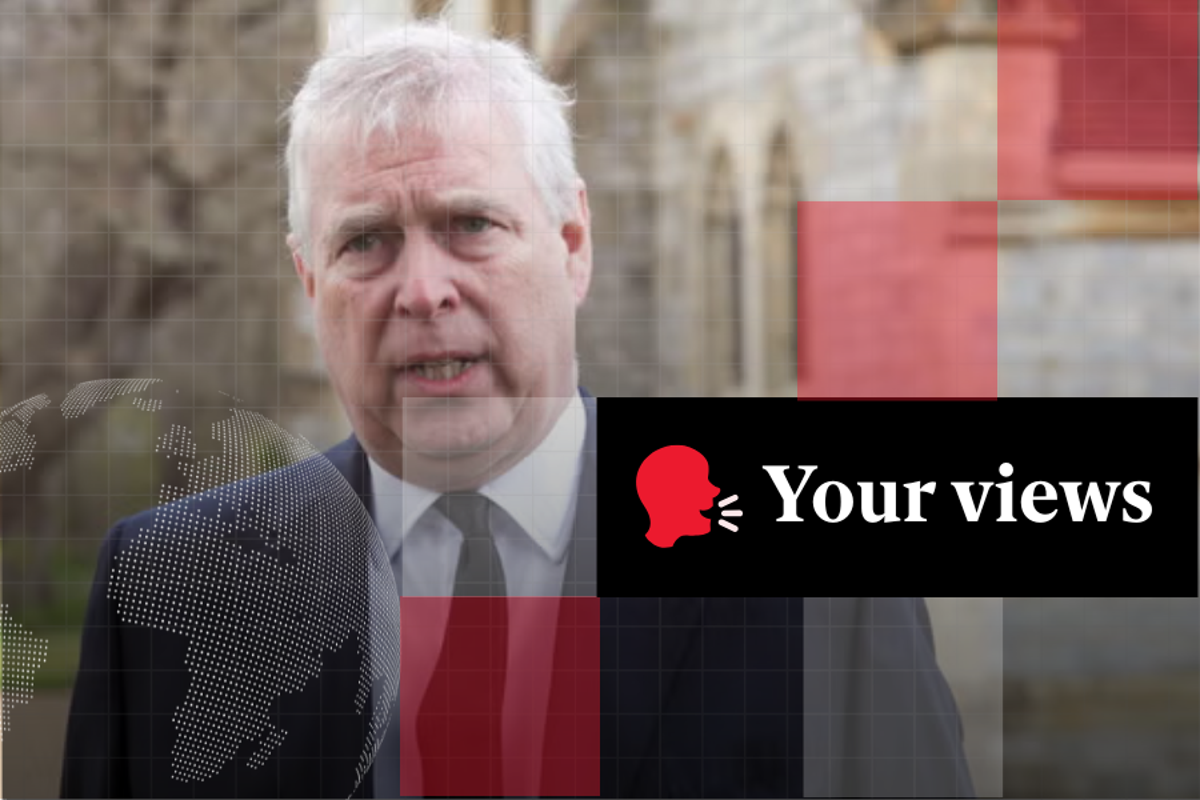The Royal Family is a Modern-Day Tower of Babel: Time for a Princely Purge and a Reckoning with the Monarchy’s Future
The recent stripping of Prince Andrew’s title has ignited a fierce debate about the Royal Family’s relevance and accountability in contemporary society. This moment in history raises critical questions about the monarchy’s future and how it must adapt to meet modern expectations. While Andrew’s disgrace serves as a stark reminder of the monarchy’s fragility, it also highlights a broader call for reform: a slimmed-down royal family that is more transparent and accountable to the public.
Historically, the British monarchy has seen its fair share of scandals, but the current climate is markedly different. In an age where social media amplifies voices and demands for justice, the royals face increasing scrutiny. The monarchy, once considered untouchable, now finds itself grappling with the realities of a public that demands integrity and responsibility. The fallout from Andrew’s involvement in the Jeffrey Epstein scandal illustrates just how precarious the institution has become.
The public’s response has shifted, with many citizens questioning the relevance of a royal family that appears out of touch with the values of a modern democratic society. The notion of inherited privilege is increasingly viewed with skepticism, as citizens call for transparency and accountability from those in positions of power. The monarchy’s historical role as a symbol of national unity is being challenged as issues of privilege and entitlement come to the forefront.
Calls for a “slimmed-down” monarchy are gaining traction among various segments of the population. The idea is not new; discussions about reducing the number of working royals have surfaced multiple times in recent years. Advocates argue that a more streamlined royal family could reduce costs to taxpayers while still maintaining the ceremonial and cultural significance of the institution. Countries like Sweden and Norway, which have already embraced more minimalist royal setups, serve as examples of how a monarchy can remain relevant while operating with less baggage.
The financial implications of the monarchy cannot be overlooked either. The Sovereign Grant, which funds the royal household, is derived from the profits of the Crown Estate and is meant to provide the royal family with the resources needed to carry out their duties. However, as public sentiment shifts, discussions about the morality of taxpayer-funded lifestyles for royals become more pronounced. A more transparent approach to finances, including full disclosure of expenditures and funding sources, could go a long way in restoring faith in the monarchy.
Furthermore, the issue of accountability is paramount. As Andrew’s situation demonstrates, the consequences of royal actions can have far-reaching effects, not just for the individuals involved but for the monarchy as a whole. The public’s demand for accountability extends beyond Prince Andrew. It encompasses a broader expectation that those in the highest echelons of society must be held to the same standards as everyday citizens. The monarchy’s historical immunity from legal repercussions is increasingly under fire, necessitating a reevaluation of how royal family members are held accountable for their actions.
Calls for greater transparency also include a reevaluation of the royal family’s role in charitable endeavors. Many members of the royal family engage in charitable work, which has traditionally been viewed as a positive contribution to society. However, a lack of transparency about the motivations and connections behind these charitable efforts can raise questions about authenticity and intentions. A royal family that genuinely seeks to serve the public must be willing to open its doors, allowing for scrutiny and engagement with the populations they aim to support.
The global context also plays a significant role in these discussions. As other monarchies face challenges to their legitimacy, the British monarchy is not exempt from the tide of change sweeping across the globe. From Spain to Belgium, royal families are adjusting to modern realities, often with mixed results. The pressure to evolve is palpable, and the British Royal Family must consider how it can adapt to the changing landscape without losing its foundational significance.
Public sentiment indicates a desire for a monarchy that is not only ceremonial but also grounded in the principles of democracy and accountability. The monarchy’s connection to the people it serves is paramount. To maintain relevance, it must foster a sense of inclusivity, ensuring that its actions resonate with a diverse and often divided public.
As the monarchy navigates these turbulent waters, the discussions surrounding Prince Andrew’s fall from grace present a pivotal moment. The implications of this situation extend beyond one individual; they signal a shift in how the monarchy is perceived and the expectations placed upon it. The potential for reform is not merely an aspiration but a necessity for the survival of the institution as a meaningful component of British society.
The question remains: can the monarchy rise to the occasion and embrace the change that is not only desired but demanded by the public? The path forward requires a delicate balance between tradition and the need for modernization. The royal family must confront its past while looking to the future with transparency, accountability, and a commitment to serving the people.
In an era where the voices of the many challenge the privileges of the few, the monarchy’s survival hinges on its ability to adapt to the evolving landscape of public expectation. The time for a reckoning is now, as the institution wrestles with the consequences of its historical legacy and the demands of a new generation. The way forward may be fraught with challenges, but it is a necessary journey for a royal family seeking to retain its place in a rapidly changing world.
Our community says Andrew’s disgrace highlights the need for a serious examination of the monarchy, with calls for greater transparency, accountability, and a slimmed-down or reformed royal family




